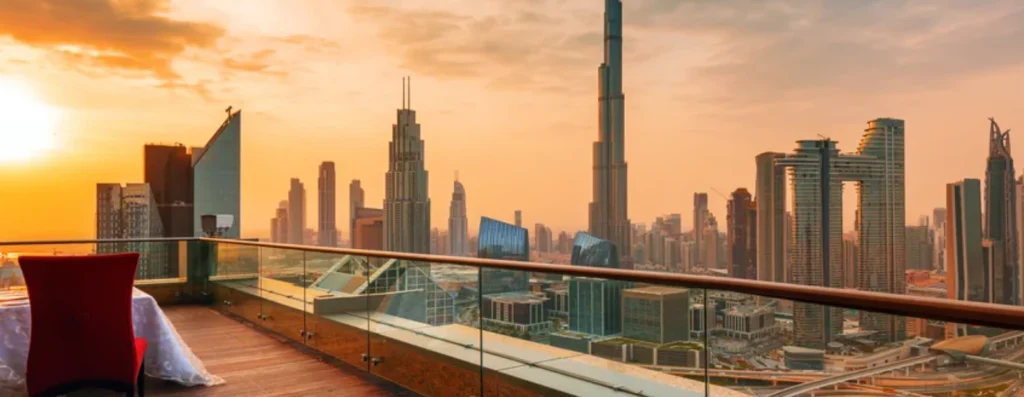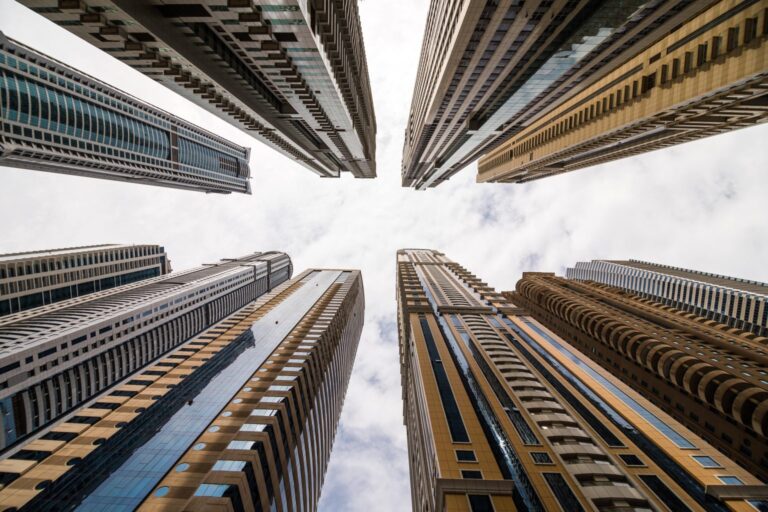
Developer Maintenance Responsibility in Dubai: What Homeowners from India and Pakistan Should Know
As a homeowner in Dubai, it’s crucial to understand your rights when it comes to developer responsibilities, especially regarding maintenance defect costs after handover. With Dubai’s real estate sector continuing to attract buyers from India, Pakistan, and across the globe, being informed about warranty periods and developer liability can save you significant time, stress, and money.
Whether you’re an expatriate from India or Pakistan who has recently invested in a new property in Dubai, or you’re planning to buy soon, this guide breaks down everything you need to know about defect liability and post-handover obligations.
Why Understanding Developer Responsibility in Dubai Matters
The Dubai real estate market is highly active, offering a wide range of off-plan and newly completed projects. However, even top-tier developments may occasionally have construction or finishing issues. It’s essential for Indian and Pakistani buyers, many of whom are first-time investors in Dubai, to understand their rights related to property defects after handover.
According to the Dubai Real Estate Regulatory Agency (RERA), developers are legally bound to rectify specific types of defects within defined warranty periods. These regulations aim to protect homeowners, including the growing number of buyers from South Asia.
How Long Are Dubai Developers Responsible After Handover?
In Dubai, developers are accountable for repairing and maintaining defects after property handover, with responsibility durations depending on the type of defect. This liability is defined in RERA’s guidelines, which safeguard the interests of homeowners, whether they reside in Dubai or abroad.
Warranty Periods at a Glance:
1-Year Defect Liability: Covers minor defects (also known as patent defects) such as cracks, paint issues, faulty fittings, and plumbing faults.
10-Year Structural Warranty: Covers latent defects, including structural weaknesses, major water leakage, and other hidden issues that may surface over time.
This framework offers peace of mind to foreign homeowners—especially investors from India and Pakistan who may not be residing in Dubai year-round.
Types of Property Defects in Dubai Real Estate
Understanding the two main categories of property defects can help South Asian homeowners make informed decisions and respond effectively after property handover.
1. Patent Defects
These are visible and usually detected during the handover inspection, such as:
Chipped tiles
Wall cracks
Malfunctioning fixtures
Uneven flooring
2. Latent Defects
These are hidden issues that emerge over time, including:
Water seepage
Structural weakness
Electrical faults inside walls
Foundation issues
Buyers from India and Pakistan often rely on family or real estate agents to inspect the property, so it’s essential to conduct a detailed snagging inspection before accepting handover.
How to Report Defects: Know Your Rights as a Dubai Homeowner
If you discover a defect within the warranty period, it’s your legal right to report it to the developer. Here’s what to do:
Document the issue with photos and detailed descriptions.
Notify the developer in writing (email or official letter).
Follow up regularly and keep all communication records.
This applies to both residents and absentee homeowners from India and Pakistan who may need to appoint a trusted property manager in Dubai.
What Happens After the Warranty Period Ends?
Once the warranty period expires, the responsibility of property upkeep falls to the homeowner. However, if any serious structural issues arise due to negligence or substandard construction, you may still have legal recourse.
Buyers from India or Pakistan who are unfamiliar with Dubai’s legal and regulatory processes are advised to consult a real estate broker or legal expert to ensure proper follow-up and compliance.
5 Best Practices for Homeowners from India and Pakistan in Dubai
To avoid costly maintenance issues down the road, here are smart steps to follow:
Inspect thoroughly during the handover.
Hire a snagging company if you’re overseas or unfamiliar with construction standards.
Report defects quickly and within the warranty timeframe.
Retain all receipts and communication records with the developer.
Regularly inspect your property, especially if rented or vacant.
Why Indian and Pakistani Buyers Need to Stay Informed
With thousands of homeowners from India and Pakistan investing in Dubai each year, understanding developer responsibility is more important than ever. Whether you’re an NRI or a Pakistani expat, being proactive about defects and knowing your rights can protect your investment and ensure your dream home remains a solid asset for years to come.
Dubai’s Developer Laws Offer Strong Protection for Global Investors
The Dubai Land Department (DLD) and RERA offer some of the most robust real estate regulations in the region. These protections are particularly valuable to buyers from India and Pakistan, who continue to be among the top foreign investors in Dubai property.



